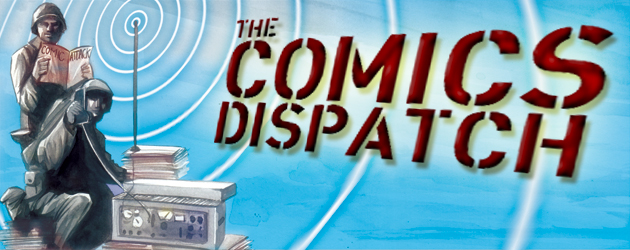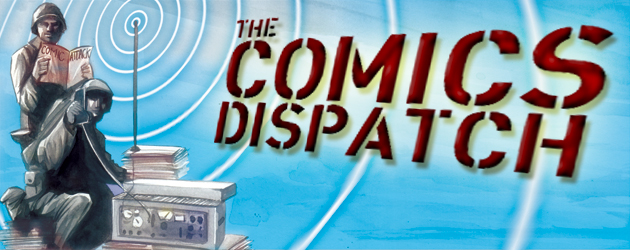You have most likely heard or read somewhere from some either wannabe, self-described, or actual linguistics expert that the English language is one of, if not the most difficult languages to learn, compared to all of the other most common languages, such as Spanish, Chinese, or Canadian (OK, so that last one was a joke, eh). One of the reasons for this is that we are continually changing it. We add words, eliminate words, and create bastardized combinations of words that begin as slang and subsequently become so popular and regularly used that the dictionary brain wizards bang their hypothetical gavel down and deem that they henceforth be recognized as an official addition to the English (speaking mostly of North American English here) language.
One of the youngest Don King-like made up words to join our collective lexicon is “podcast.” Unless you have holed up in the musty coolness of parents’ basement for the last five years or so, you have at least come across the word podcast while surfing the web or reading your favorite pop culture magazine or blog.
So, steering well clear of all of the high-tech terminology and jargon, a simple definition of the word podcast is that it is a digital media file or recording, most commonly used for audio or video files or recordings. Podcasts typically are utilized to provide individual segments of an ongoing theme or series of themes. The files or recordings are subsequently prepared and formatted for listeners to download off of the website from which the podcast originated, and onto some type of digital media player or computer. The term can take various forms, depending on how it is used: I like your podcast (noun); he podcasts his lectures (verb); and so forth.
Podcasting: The Origin Story
Sometimes when a new word makes the official leap from slang or jargon to proper or “real,” its origin is relatively easy to pinpoint, thereby making it relatively easy to identify and sort of unceremoniously crown one person as its inventor, forever doomed to wallow in the lonely, paradoxical land of famous obscurity, mentioned only briefly in informational articles like this one, and then sliding back into the shadows. Unless, of course, he or she is already famous or becomes famous later, like William Gibson, who is considered the father of the now household prefix “cyber.”
The person with whom we give credit for introducing the world to the word podcasting is Ben Hammersley, a multi-talented internet technology expert, journalist, and British diplomat who lives in London. Hammersley is credited with the first utterance of the term podcasting in an article that ran in The Guardian newspaper back in February of 2004.
When you are telling all of your friends and family members about the awesomeness of this article, you can throw out the term “portmanteau” when describing the etymology (another cool word, that means the study of words, basically, to mix in when you can) of the word podcast. A portmanteau is simply the term used to describe a word that came about as the result of mashing two or more words, or specific parts of words together to form one. A common example would be the word “smog,” which is derived from the blending of the words “smoke” and “fog.”
So, the word podcast was produced when Hammersley (allegedly) combined the “pod” in iPod and “casting” in broadcasting. Since then, mostly in order to avoid gift wrapping some free publicity for Apple, some have created another new term, netcast, to use instead of podcast.
You can find one or more podcasts to download from the website of most major comic book publishers and comic news providers [Editor’s note: ComicAttack.net has several, which can be found here.]. So, give it a whirl today, because you never know if or when it could join words and phrases like “23 skidoo,” “groovy,” and “daddy-o” in the slang graveyard.
Kevin P. Hanson
kevin@comicattack.net




